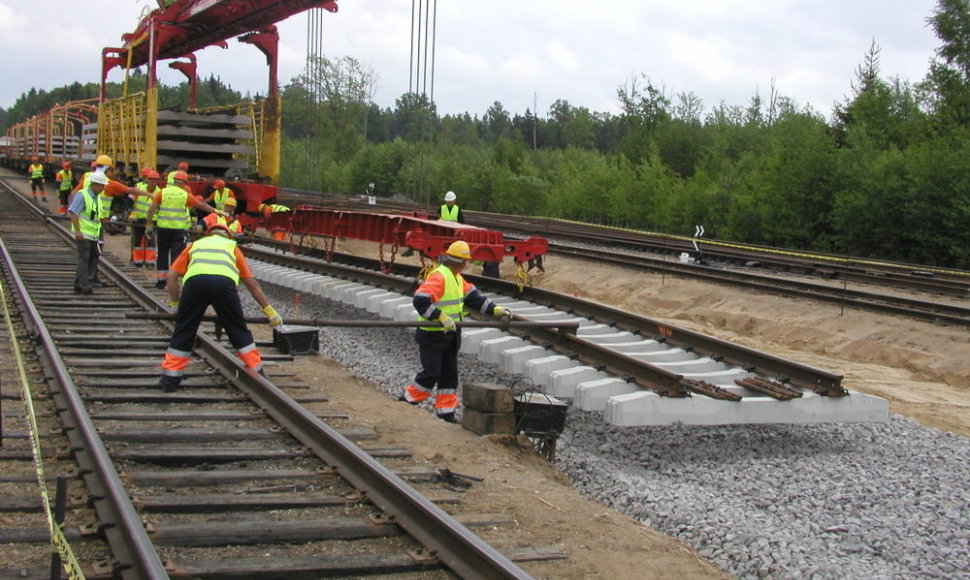The agreement was reached after Estonia had agreed to include Vilnius in the Lithuanian part of the project. The declaration was signed in Vilnius on Monday.
“The talks continued until the last minute and all countries eventually approved the declaration, which includes Vilnius,” Ričardas Slapšys, an adviser to Lithuania’s Transport Minister, told BNS.
Lithuania wants to have a possibility to use some of the money allocated by the European Union (EU) for the European-gauge railway project Rail Baltica for the upgrade of an approximately 100-kilometer rail line connecting Vilnius with Kaunas. Rail Baltica, meanwhile, goes through Kaunas bypassing Vilnius.
The dispute between the countries on the joint venture lasted several months until the end of July when negotiators from three Baltic countries reached an agreement on the principles for setting up a joint venture for the rail project. As agreed, each country will own rail infrastructure in its respective territory.
The EU should finance 85 percent of costs of the entire Rail Baltica project, which would connect Warsaw and Tallinn through Kaunas and Riga. The Rail Baltica line would include an approximately 360-kilometer long stretch in Lithuania, 300 kilometers in Latvia, and a stretch of around 300 kilometers in Estonia.
“The document expresses political will of the countries taking part in the project and their agreement to implement the Rail Baltica project by building an advanced rail line adapted to fast trains and connecting five countries. It’s an important step towards the implementation of the EU Strategy for the Baltic Sea Region and strengthening of regional cooperation,” Lithuania’s Transport Minister Rimantas Sinkevičius said in a press release.
In the near time, the parties would sign a shareholders’ agreement and would establish a joint venture that would administer the building of the European-gauge rail line from Kaunas to Tallinn, the press release said. The joint venture would apply for funding from the EU and other sources, issue tenders for engineering and construction works and would coordinate actual construction process.
According to Sinkevičius, the signing of the declaration offered hope that the project would be implemented successfully within a decade.
Three Baltic countries will implement the Rail Baltica project in its first stage. Poland and Finland will join the project at a later stage.












